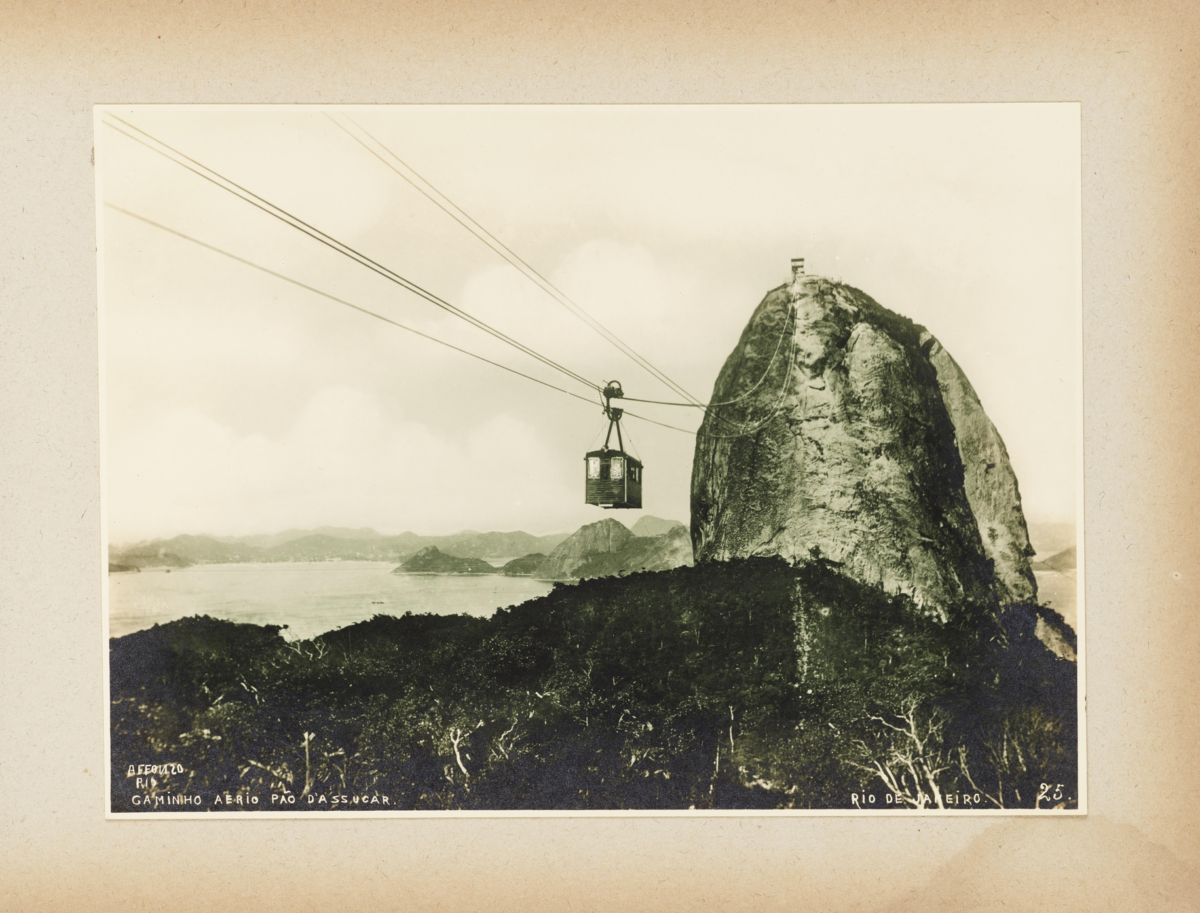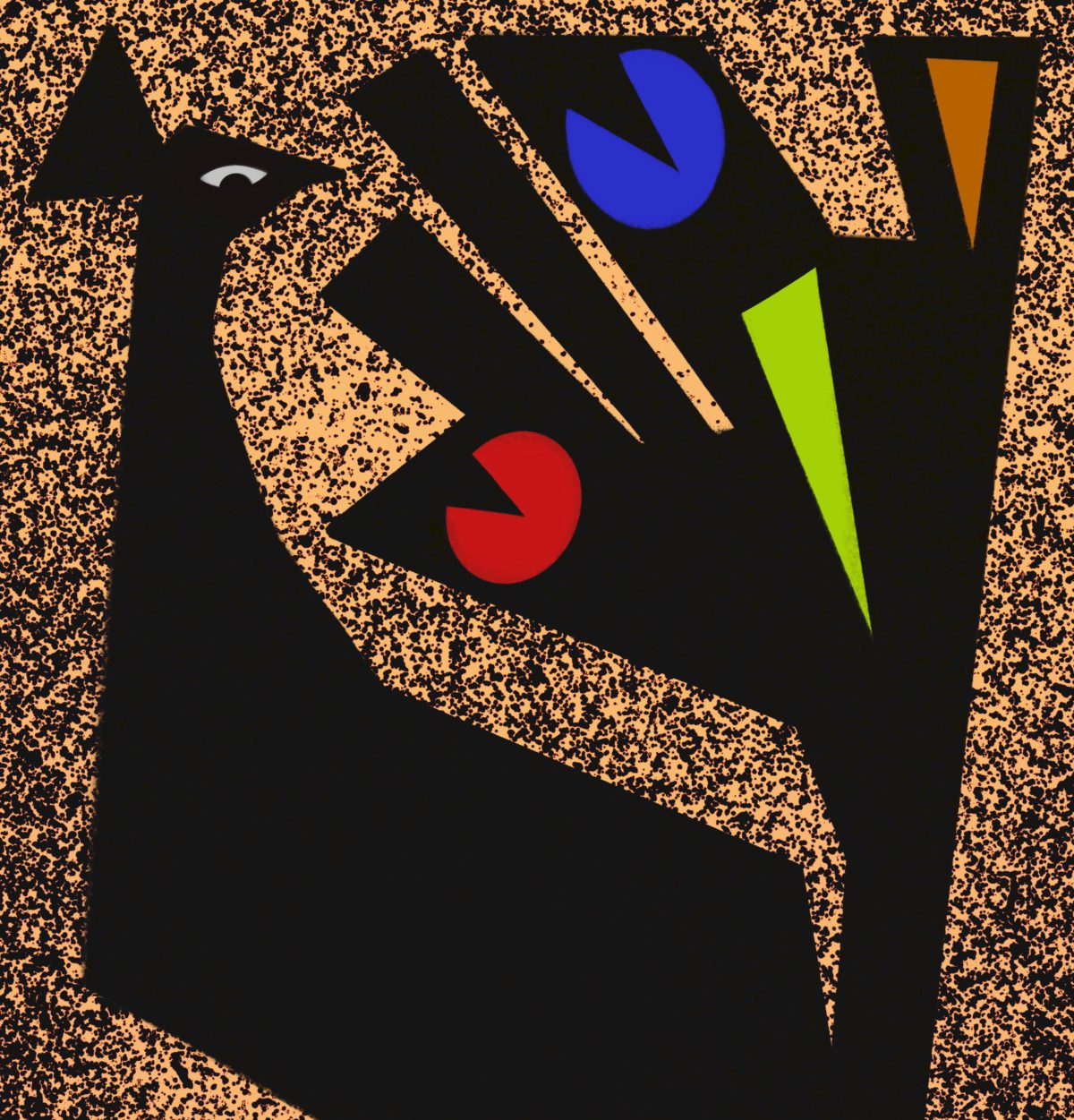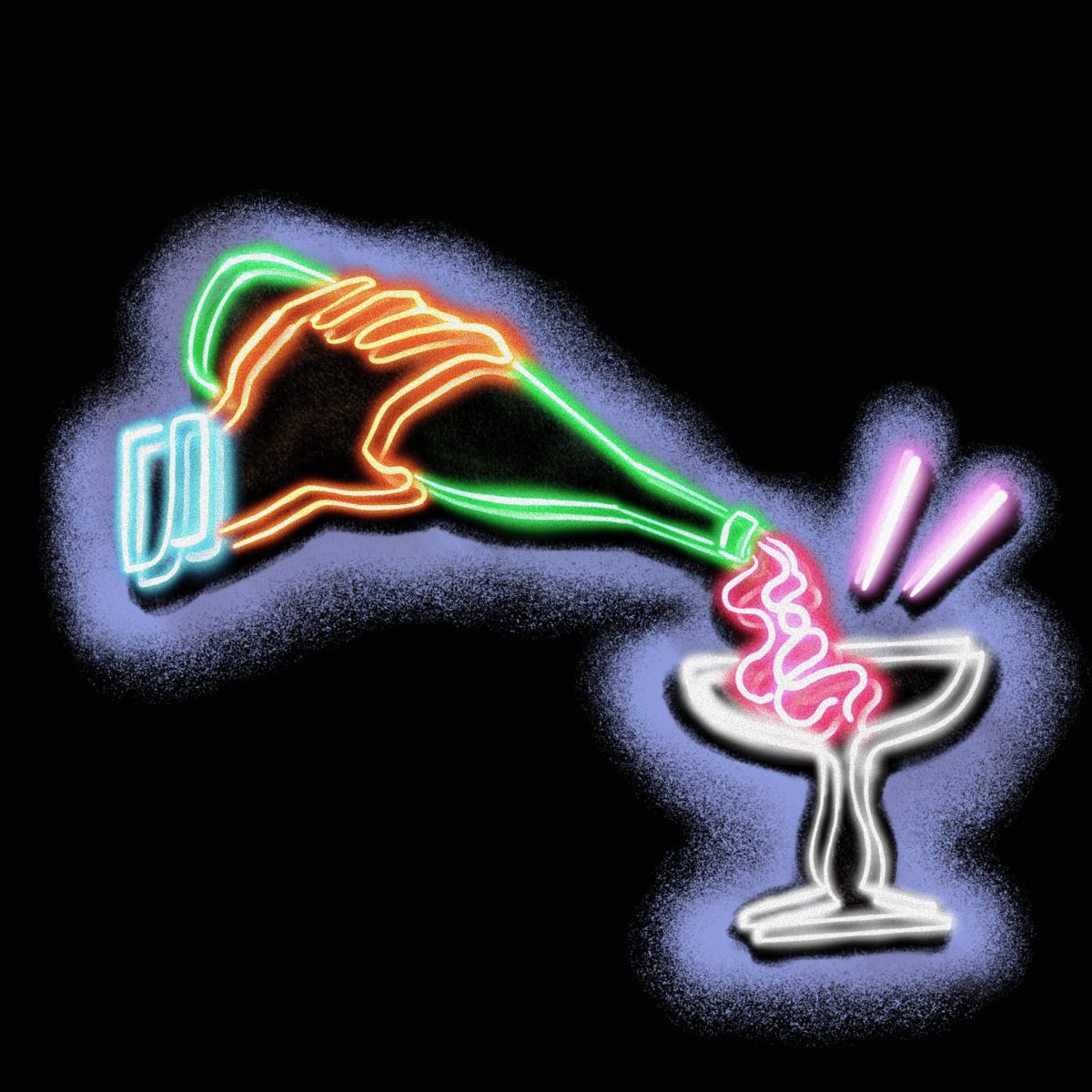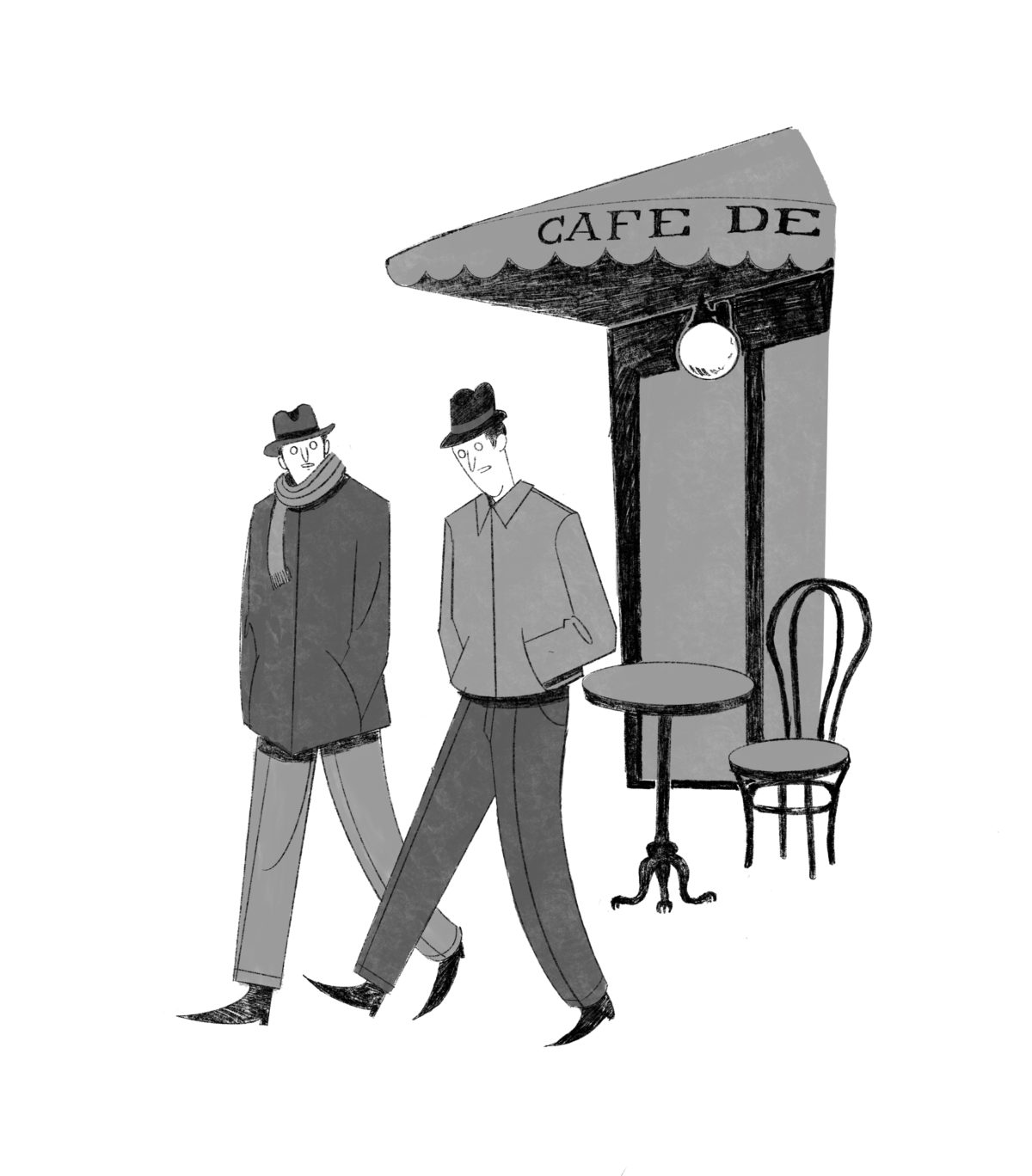
Dear friend,
Can I even call you that? I did once, and I would like to do so again.
Do you remember our friendship as I do? Two children aloof within the fences of Catholic school in suburban Rio. A school which, despite the nuns and their ghostly scapula, let us think as we pleased; prayers were optional, and we were only forced to sing the anthem on Wednesday mornings. True, class consisted of hurried copying and recitation. And I was often the last one to leave. But every time I was rewarded by the sight of your hickory curls and soft eyes waiting for me outside the classroom door.
Our time together was brief, and in less than a year I would leave Brazil again. Our last day together was just like any other. (Perhaps you saw it differently.) I imagined I would write you letters, or message you online. We never did. I hold at least half of the blame. What strikes me now was the warmth of our last embrace. The nuns were on their way to the chapel, kicking up terracotta dust in the afternoon sun. Children filed onto their respective buses. We held each other for a while. I felt your heart through my chest. It beat so freely. I don’t recall what we said in that last moment. The poet in me hopes we said nothing. I stepped onto my bus and you onto yours. You waved at me through the window and then the buses parted.
I thought of you as I flew over the Atlantic and I still thought of you in the capricious climate of London. But every day the tangible you became ever more consigned to a childhood memory. And days passed, first slowly, then quickly. But for the occasional message online, I eventually did not think of you at all.
I was twenty-two when I last wrote to you. I am not sure if anyone is the same when they go to bed and when they awake. How dissimilar you had become to the person I held in my memory. I wonder if a more active influence on my part would have made you see things as I do. I don’t like didactic moralizing, but in your case I can’t help but see the result of my indifference.
As you know, the election of that vile man took me by surprise. I used to enjoy the voice of my relatives’ crackle through the phone. We used to speak of meaningful things: the color of the pool my grandfather loved to clean, the joy of a cold glass of water on a warm summer’s day, the imminent engagement of a distant second cousin. Then, one day, all they could speak of was him. It would have been fine if the candidate was not the same inarticulate criminal you also chose to vote for. To praise a man who openly called for torture and executions! From then on my relatives’ voices seemed so distant. The thought that people who loved me could also love him tainted my love for them in return.
I was in the last semester of my bachelor’s degree. I spent my days locked up in my room with 15th century court documents. Hidden among family feuds and serfs were traces of interest rates in London. That violent medieval town became a welcome image; more familiar than the Brazil that now showed itself to me. I thought back to the dictatorship and all of the artists forced to leave for Europe. With a beast in power and a general as vice-president the specter of a coup seemed unavoidable. In a bout of romanticism, I imagined myself an exile, unable to return to Rio. A romantic yet despairing thought.
On his inauguration I found myself in Spain. I ate twelve grapes at the strike of midnight in Plaza de la Constitución. Squeezed up against a Victoria’s Secret store I waited for fireworks that never came. I walked down the quay and fantasized about a civil war. The fight for common decency in a country the size of a continent charmed me. I could see how our side would continue flying the republican flag, green in all of its splendor, open and equal before all. Our trenches would be the melting pot of Brazil, strengthened by volunteers from every nation in the world. Within range of our guns I expected to see only men with screeching voices sermonizing imported ideologies ill-suited to their amalgamated skin tones. As anyone who imagines war does, I assumed I would survive the ordeal.
But you know my position already. I exhaust you. I reached out to you four years ago in hope of finding a friend to share the pain of that tormentuos moment. When your answer came it broke me. Not because I loved you still—by then you were a stranger. But because it was unfathomable how your soft heart had reached such violent conclusions. Your patience had curdled to irritation. Your carefree heartbeat, stiff. Your love, rancid. How could you choose him, a man who openly called for dictatorship and death, over any other candidate?
Once, we had laughed in the shade of the school canteen, but you did not find my comment about the president being a “criminal turtle” very amusing. (Surely you must see he looks like a turtle?) It seems the walls of time were too thick. Your response was brutish. “The only turtle is you for being stuck in the past—and moreover a criminal for abandoning your nation.” I can’t deny that made me laugh. Not only did you deny my kindness, but in so doing denied our common past. You attacked me for condoning corruption, my lack of patriotism, and my subordination to naïve ideals. You told me that I had no right to “opine distanced from events” as I was. You attached a photograph of yourself wearing the yellow jersey of the national football team. Beneath the smile and the scars of time I saw the ghost of my old friend.
I left your letter on my desk and went for a walk in Lincoln’s Inn Fields. I sat on a bench under a plane tree. I tried to think of a response. I tried not to think of you at all. There were sudden turbulent bursts of wind in the spring air. It was cold. I needed a drink. On my way out of the park I saw a murder of crows. I watched them until I noticed the corpse they were munching on. A pigeon and its guts lay sprawled on the grass. Just twenty paces down a band of pigeons shifted about aimlessly behind a bush. Some of us spend a tremendous amount of energy merely trying to get by. The pandemic undoubtedly made it all even worse. Silence felt best. If not for you, then for me.
Now that he is gone I felt I could send you my answer. The way that you actively chose to ruin the very thing you thought you were defending caused me immense pain. You defended Brazil by attacking democracy, progress, order—even carnival. I recall a growing respect for Brazil among acquaintances—until your man won the election. With your lot in charge I found myself forced to apologize. Every time I told someone I was Brazilian I had to clarify my vote, to explain that Brazil was not just poverty, even if it was on the rise again. It felt like going back twenty years, to the days when people knew only of football and favelas. For the first time I was ashamed to be Brazilian.
And the flag—why is it that you are obsessed with the flag? In Europe I have a hard time explaining such patriotism. Inequalities exist, I admit, but the beauty of the new world is the very lack of a defining ethnic identity—not everywhere perhaps, but at the very least in Brazil. A woman born and raised in a favela in Recife is as much a Brazilian as the Congolese-born man working at the kiosk in Rio. The Congolese part shouldn’t even be relevant if the man calls himself Brazilian. A new Rome of sorts. But now, thanks to you, reluctance fills the air. I admit I wonder if you even consider me Brazilian. But then I wonder what you consider Brazilian at all. I doubt you have given any of your ideas much thought when you let influencers do the thinking for you.
Despite my lack of interest in sport, the feeling of being united with 220 million people is a powerful drug—especially when the odds are so favorable. I sense that you and I love football and the flag differently. You love it as a symbol of power. You imagine men and women like yourself making their way to the top. You love the World Cup because you want to feel invincible. You naively imagine yourself becoming an oligarch. You would kill others in the belief that it would make you safe. I love Brazil too much to be a nationalist. I don’t want any greatness for it, particularly a greatness born of blood and falsehood. I want to keep it alive by keeping justice alive.
Rumor has it you still hold on to your new ways. The truth is, I found one of your online profiles. One of your posts told people to vote for him again. After four disastrous years you still wanted him. Why? You have seen the results of his tenure. You see the result of men like him in Ukraine now. I am sure his many Internet-Goebbels tell you otherwise. If you fear that your personality is too tied up in this to abandon it, fear not. We all make such mistakes. Know that if anything I will respect you more for putting your errors behind you. If, however, you truly believe yourself in the right, even now, I have little comfort to offer. All I can see is a path toward destruction. Look at the mimicry you attempted on January 8th. If you do not destroy yourself, you will destroy the very things you proclaim to love. You already have.
My tone is sure to elicit no friendly response from you. As I have said, I would like to call you friend. I have told you what I think. It is now up to you to decide whether to embrace me in both word and in action.
Signed,
x
June 2023




